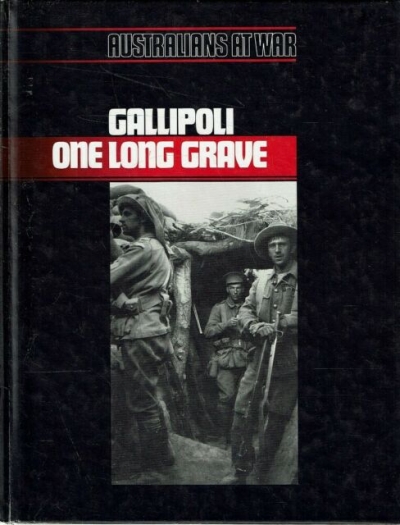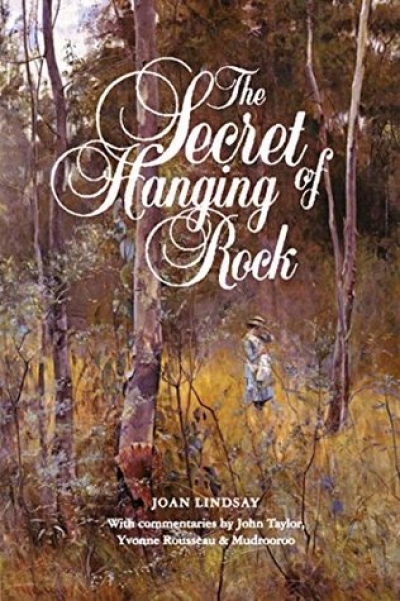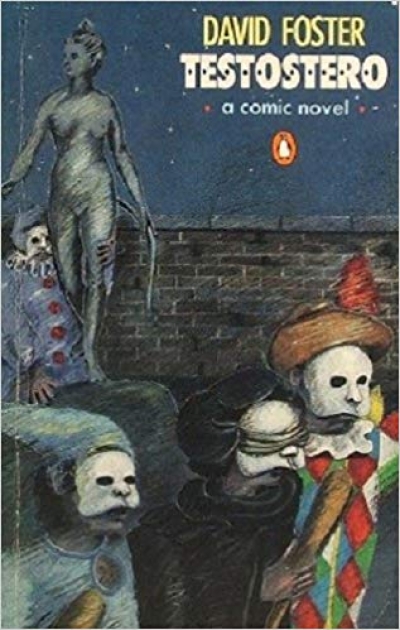Accessibility Tools
- Content scaling 100%
- Font size 100%
- Line height 100%
- Letter spacing 100%
Archive
The ABR Podcast
Released every Thursday, the ABR podcast features our finest reviews, poetry, fiction, interviews, and commentary.
Subscribe via iTunes, Stitcher, Google, or Spotify, or search for ‘The ABR Podcast’ on your favourite podcast app.
‘Where is Nancy?’ Paradoxes in the pursuit of freedom
by Marilyn Lake
This week on The ABR Podcast, Marilyn Lake reviews The Art of Power: My story as America’s first woman Speaker of the House by Nancy Pelosi. The Art of Power, explains Lake, tells how Pelosi, ‘a mother of five and a housewife from California’, became the first woman Speaker of the United States House of Representatives. Marilyn Lake is a Professorial Fellow at the University of Melbourne. Listen to Marilyn Lake’s ‘Where is Nancy?’ Paradoxes in the pursuit of freedom’, published in the November issue of ABR.
Recent episodes:
Not being of an introspective temperament, nor an accomplished portraitist, I find it easier to talk about my milieu than myself. I spent my childhood in northern New South Wales. My mother’s people had come to farm in the district around the tum of the century, and most of her family had married, lived and died there. Though my father was a newcomer from the coast, he too had relatives in the town. For some years my younger brother and I were the babies of the kin group.
... (read more)Contemporary Australian literature was among the less obscure topics discussed at the recent Modern Language Association convention held in New York. About 15,000 delegates came to the bazaar, some looking for jobs or friends, others attending a boggling array of literary discussions on bat fantasy in Dickens, the future of East European nature poetry and the shape of language in Thea Astley’s work. This last one was a fine lecture given by Robert Ross, tireless president of the American Association for Australian Literary Studies, which will hold its own conference in March at Penn State University. Marcia Allentuck gave a lively talk about Australian Yiddish literature – in particular Herz Bergner’s Light and Shadows, which portrayed the bitter angst of the immigrant almost thirty years before the current wave of immigrant writing.
... (read more)








